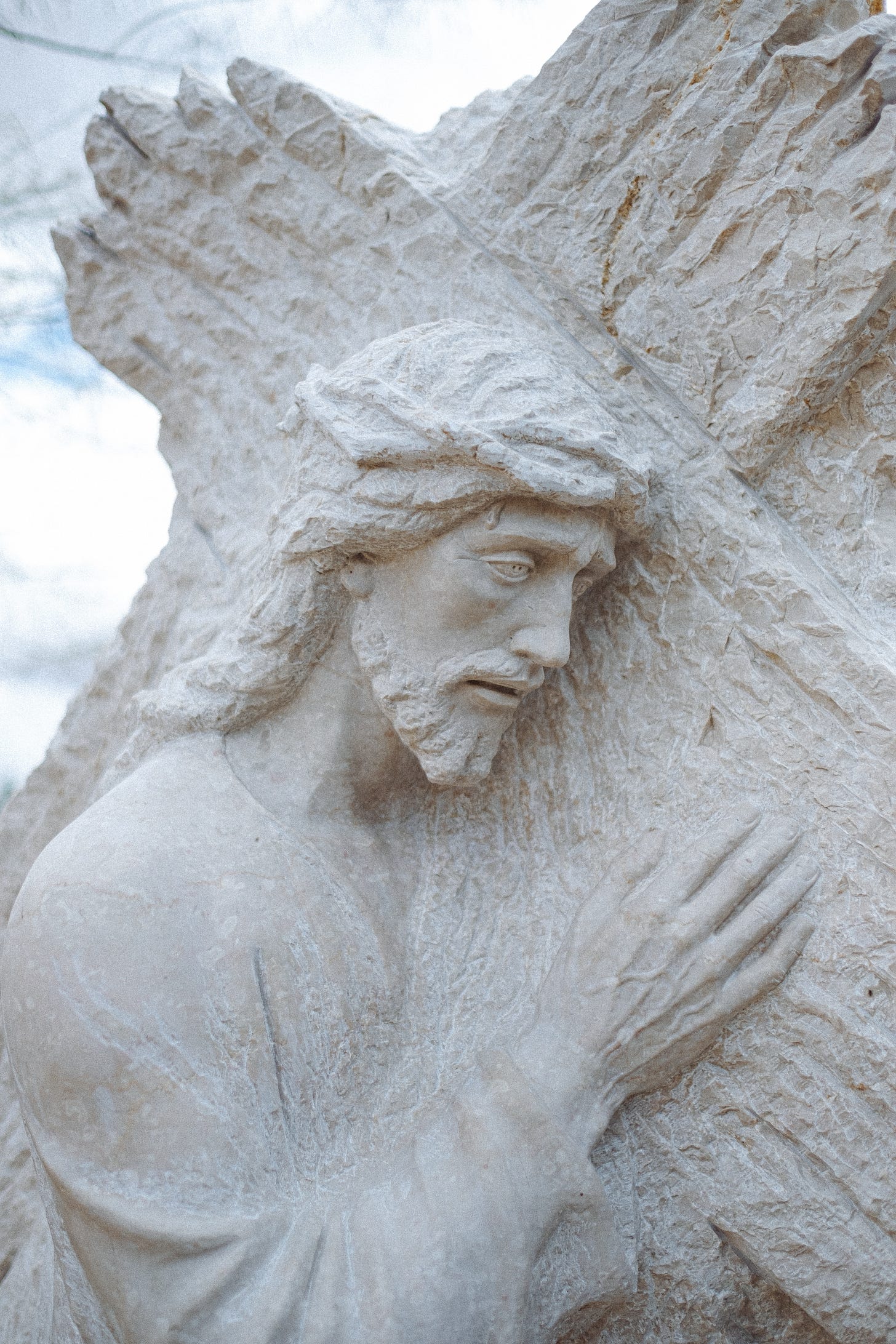I’ll be the first to admit that I tend to take life a little too seriously. So much so, that when I have the time and space to find myself with the remote in my hand, a comedy is seldom what I will land on.
But I found myself with a little wiggle room last week, and a series on Netflix intrigued me enough to commit to the first episode. And then I quickly abandoned all other plans and finished the season in one day—an unheard-of rarity.
“Mo” was starred in and written by comedian, Mohammad Amer. His reflections on immigration, religion, addiction and family were as heartbreaking as they were humorous and I was taken with his cadence and candor right away but it was episode 3 that broke me- and I’ll tell you why.
I don’t want to spoil the series for you- it’s worth watching, truly- But if you don’t have the time, this is what stopped me. In episode three, a young, Muslim man dealing with trauma and addiction is brought to a Catholic church for confession, by his loving, Catholic girlfriend. He is uncomfortable, but also deeply grieving and knows he needs to talk to someone about what he has been holding in. His first observation is to ask why “they” have crucifixes hanging everywhere- why would anyone want to glorify torture and suffering?
And the priest calmly answers that the intention is never to glorify suffering, but simply to honor sacrifice.
And I had to pause it, rewind it, and hear it again.
Because that is not what I had been taught. That’s not what’s in my DNA. That is not how I’ve been living my life for 40 years.
Someone who had an inordinate amount of spiritual authority over me told me once that long suffering must be one of my spiritual gifts because I was able to withstand so much without crumbling.
I have had similiar messaging my entire life:
That to suffer- was a gift. Mine, in fact.
I’ve lived every day (without realizing it) in pursuit of the gift I thought was given to me. It has made me believe that if I wasn’t suffering, I couldn’t be good. If it didn’t cause me pain, IT wasn’t good.
Religious trauma and spiritual abuse (intentionally and unintentionally) aren’t hard to spot if you know what to look for. Most of it results in the betrayal-and suffering- of your own mind and body for the cause.
But to suffer isn’t to be holy- it’s just to be human.
I endured for the sake of, “sanctification” when I was holy all along.
I’ve lived the majority of my days believing that my suffering was a sign of my worthy sacrifice.
I hadn’t realized that to suffer meant sacrificing joy, freedom, love, and rest.
Honoring sacrifice is not the same as glorifying suffering.
I’m hoping I’m given the next 40 years to live that out, instead.





Same as Melony. Love that line so much.
"But to suffer isn’t to be holy- it’s just to be human" 🎤 ⬇️